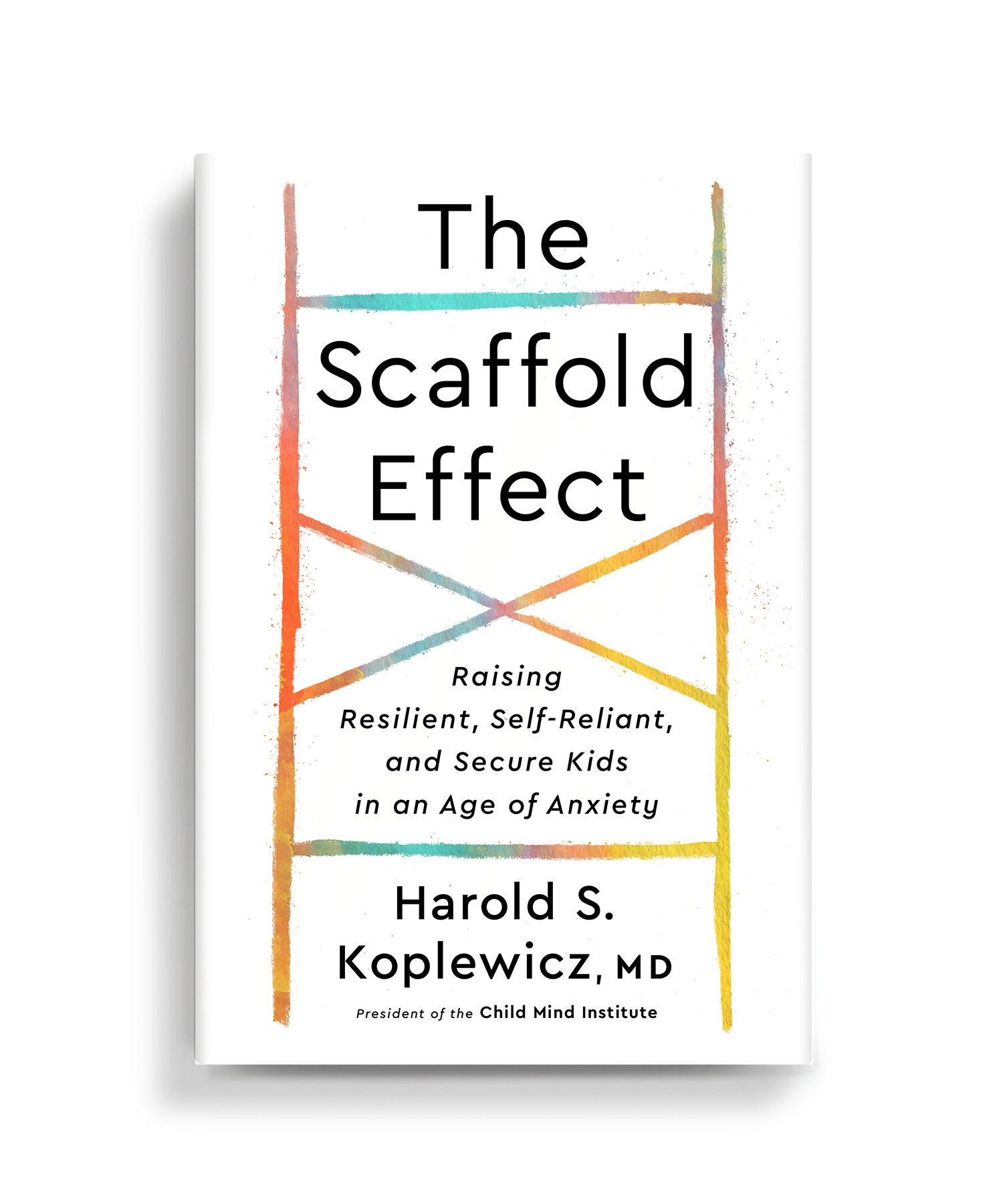Our society is unforgiving to parents, even those (and sometimes especially those) who are trying their hardest. Mom shaming, when people bully and criticize others for their parenting choices — from breastfeeding (or not breastfeeding), letting their kids eat sugar, going back to work, deciding to stay home — is cause for so much unnecessary insecurity and sadness. Parents are afraid that if they don’t do everything their peers are doing, their children will fall behind.
Your toddler might have a busier schedule than you do because of society shaming. If you waver over signing up for baby yoga classes, you might notice some raised eyebrows from the moms in your playgroup. As one stressed-out mom said to me, “If Molly doesn’t start Mandarin class by kindergarten, it’ll be too late.” This woman worked full time at a demanding job and had two other kids who were also overcommitted. Meanwhile, she hadn’t been to her own doctor for a checkup in years. “It’s my number one job to do everything I can for my kids,” she said. “If I put myself first or took a break from my responsibilities, I’d be a bad parent.”
Whenever I hear parents say, “The kid comes first,” I want to ask, “What does that mean?” It’s boilerplate, something they think they should say. We have to stop boiling down our lives into generalizations and take a closer look at what our families really need right now. If you don’t have enough money to put food on the table, getting a job comes first. If the house is on fire, carpooling to karate can wait.
A few years ago, a young couple with a toddler with autism was sitting in my office, tearful and guilt-ridden about the idea of taking a date night, something they both missed terribly. I urged them to rely on family to watch their son for one evening a week, or to hire a babysitter with training to care for a special needs child.
The mother said, “Babysitters are expensive. We can’t afford it.”
“You can’t afford not to,” I said.
For one night a week, the marriage had to come first. If the couple didn’t have that time together, the stress of raising an autistic son could eventually tax the relationship, and possibly lead to a separation or divorce, two households, increased childcare expenses. Their emotional and financial lives would be a lot harder if they broke up. They really couldn’t afford not to tend to their own relationship, for the sake of their son.
If you feel exhausted, taking a break to recharge comes first. Within the constraints of your hard responsibilities, adjust your schedule to include “off” time. The 24/7 work culture we’re all living in would have us believe that off time doesn’t exist. When you model “superbusy” only, your child learns to equate adulthood and “success” with feeling stressed out and unhappy. Show her that being successful means taking five, 10, or 20 minutes a day to meditate, read quietly, sit in the backyard, gaze into space, take a walk, or any other deliberate, non-screen pause from the bombardment of modern life. Make sure your child knows that unplugging is important to you for your mental well-being, and that everyone deserves to have their moments to disconnect from the world and reconnect with themselves.
What does it mean to reconnect with yourself? It’s not hard. Just reflect on your day, your feelings and thoughts. Look closer at what’s going on in your head, what makes you happy, what’s bothering you. Ideally, your child will see that you reflect, express your thoughts, and try to make adjustments. By watching you, he’ll learn how to do it himself. Sitting, thinking, and evaluating is an effective process for coping in the world. If every parent and child sat down together once a day and just stared at the wall for five minutes, they’d feel more bonded and grounded.
You have to embrace the idea that you are entitled to a break. It’s OK if you check out occasionally and put yourself first.
Step one: Decide what kind of break you need. Fifteen minutes to be alone? An hour to go for a walk or run? A whole day or weekend?
Step two: Whatever you decide, sort out the logistics and implement it. Your parenting scaffold is not a prison. It’s there to support, and you’re allowed to support yourself.
However, freedom isn’t free, and your breaks will depend on available resources. In a two-parent household, arranging a break will be simpler. If you can afford babysitting or summer camp, or you have people nearby to take the kids for a sleepover, great. Rely on family, a neighbor, friends—the “village” — and ask for what you need. Reciprocate in kind.

Copyright © 2021 by Child Mind Institute, Inc.
Published by Harmony Books, an imprint of Penguin Random House.


